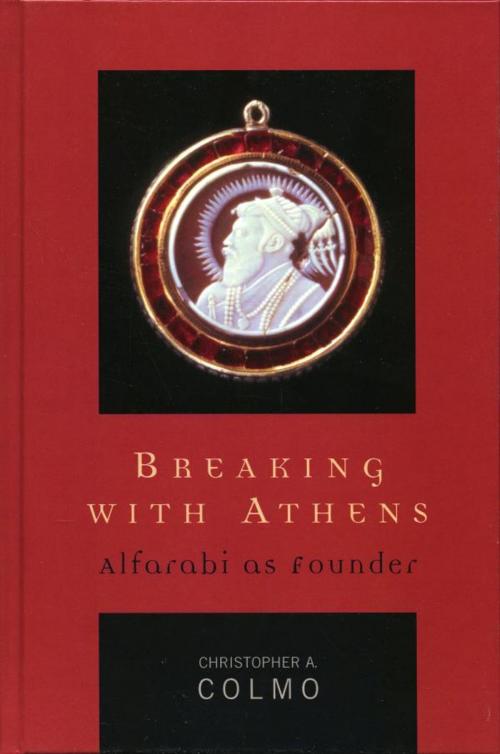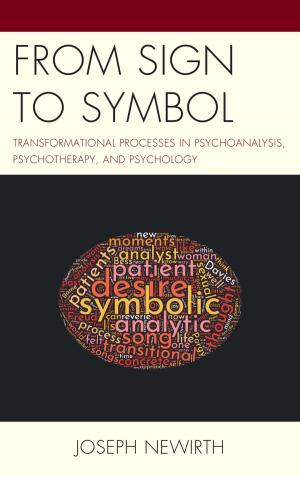Breaking with Athens
Alfarabi as Founder
Nonfiction, Religion & Spirituality, Philosophy, Epistemology, Ancient| Author: | Christopher A. Colmo | ISBN: | 9780739152621 |
| Publisher: | Lexington Books | Publication: | March 28, 2005 |
| Imprint: | Lexington Books | Language: | English |
| Author: | Christopher A. Colmo |
| ISBN: | 9780739152621 |
| Publisher: | Lexington Books |
| Publication: | March 28, 2005 |
| Imprint: | Lexington Books |
| Language: | English |
In this controversial new book, Christopher A. Colmo offers a view of the 10th century Arab philosopher Alfarabi that draws attention to a previously unremarked aspect of his philosophic project. Colmo argues that as a philosopher Alfarabi felt compelled to question the philosophic tradition as deeply as he might question religious tradition, and this he did with such power and brilliance that the result was a new philosophic perspective. With unique access to both Islamic and pagan philosophical traditions, Alfarabi took the side of Greek philosophy as representative of human reason and defended its ultimate autonomy. However, Alfarabi went further, moving away from Plato and Aristotle's vision of philosophy as divine to an understanding of philosophy in a way that allowed it to be seen as knowledge and action in the service of human power and happiness. Alfarabi offers a powerful new answer to the question, why philosophy? His subtle defense of and debate with the ancients raises questions of hermeneutics as well as substantive questions of philosophy, politics, and theology. Breaking With Athens sheds new light on Alfarabi's enduring answers to perennial questions, making it essential for students of philosophy, political science, theology, and the history of ideas.
In this controversial new book, Christopher A. Colmo offers a view of the 10th century Arab philosopher Alfarabi that draws attention to a previously unremarked aspect of his philosophic project. Colmo argues that as a philosopher Alfarabi felt compelled to question the philosophic tradition as deeply as he might question religious tradition, and this he did with such power and brilliance that the result was a new philosophic perspective. With unique access to both Islamic and pagan philosophical traditions, Alfarabi took the side of Greek philosophy as representative of human reason and defended its ultimate autonomy. However, Alfarabi went further, moving away from Plato and Aristotle's vision of philosophy as divine to an understanding of philosophy in a way that allowed it to be seen as knowledge and action in the service of human power and happiness. Alfarabi offers a powerful new answer to the question, why philosophy? His subtle defense of and debate with the ancients raises questions of hermeneutics as well as substantive questions of philosophy, politics, and theology. Breaking With Athens sheds new light on Alfarabi's enduring answers to perennial questions, making it essential for students of philosophy, political science, theology, and the history of ideas.















